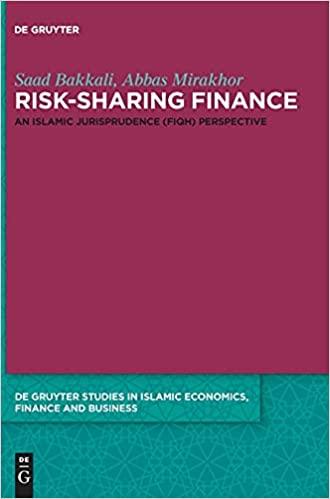Question
1. If we set the real effective exchange rate index between Canada and the United States equal to 100 in 1998, and find that the
1. If we set the real effective exchange rate index between Canada and the United States equal to 100 in 1998, and find that the U.S. dollar has risen to a value of 112.6, then from a competitive perspective the U.S. dollar is:
(A) overvalued by 6.7%
(B) overvalued by 12.6%
(C) undervalued by 6.7%
(D) undervalued by 12.6%
(E) the US dollar is more competitive
2. Mary Fischer is a currency speculator who enjoys "betting" on changes in the foreign currency exchange market. Currently, the spot price for the Japanese yen is 129.87/$ and the 6-month forward rate is 128.53/$. Mary thinks the yen will move to 128.00/$ in the next six months. Mary should ________ at ________ to profit from changing currency values.
(A) buy yen; the forward rate
(B) buy dollars; the forward rate
(C) sell yen; the forward rate
(D) short yen; the spot rate
(E) There is not enough information to answer this question
3. Naira Bolivar is the Head FX trader at More Capital, a hedge fund. Looking to profit from a triangular arbitrage trade she has US$1,000,000.00 available to invest in FX. After calling her friends in the Street she receives the following quotes: US$1.3201/ from Village Bank; 1.1898/ from TJ Magnum; and US$1.1150/ from Effex.com. Naira could
(A) make a loss of US$4,920.00 by doing a triangular arbitrage
(B) earn a profit of US$4,944.32 by doing a triangular arbitrage
(C) make a loss of US$4,944.32 by doing a triangular arbitrage
(D) earn a profit of US$4,920.00 by doing a triangular arbitrage
(E) make no money through a riskless triangular arbitrage
4. According to the monetary approach to the balance of payments and exchange rates, please mark which of the following statements are True (T) or False (F)
( ) Under a fixed exchange rate system and expansion of credit is equal to the loss of international reserves
( ) Under a fixed exchange rate system the market-determined the money supply via the balance of payments ( ) Under a flexible exchange rate system the central bank determines the money supply
( ) Under a flexible exchange rate system, if the central bank cuts interest rates the exchange rate will likely appreciate versus the USD
( ) Under a fixed exchange rate system, the central bank will have to devalue if it runs out of international reserves
Step by Step Solution
There are 3 Steps involved in it
Step: 1

Get Instant Access to Expert-Tailored Solutions
See step-by-step solutions with expert insights and AI powered tools for academic success
Step: 2

Step: 3

Ace Your Homework with AI
Get the answers you need in no time with our AI-driven, step-by-step assistance
Get Started


